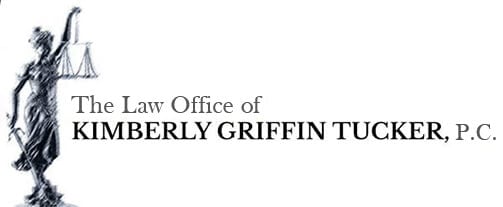Prescription medications are only available with a doctor’s recommendation. After a physician determines that someone would benefit from a specific treatment, they send a prescription to a pharmacist. The patient can obtain medication from a licensed pharmacy to use in accordance with the doctor’s recommendations.
One of the primary reasons why this system even exists is that certain medications are dangerous for the public. It is easy to take enough of a medication to cause organ damage or death in some cases, and the medications themselves can cause physical dependence or addiction.
In the case of some drugs, like opioid medications, both negative outcomes are a serious concern. Some patients, desperate for access to specific medications, may engage in prescription fraud to secure their substance of choice. These are two of the more common forms of prescription fraud.
1. Altering an otherwise valid prescription
When a doctor writes out a prescription, they determine the dosage of the medication that a patient should take, how many times a day they should take medication and how many days the prescription will last. They then order a specific amount of that drug from the pharmacy.
Some people will try to change the prescription to include more pills, a higher dosage or more refills. If the pharmacist questions the instructions and reaches out to the doctor, they could learn very quickly that the patient made some changes.
2. Stealing a prescription pad
Many people will try to fabricate prescriptions entirely, often by stealing the pads of prescription slips that a physician has in their office. Especially if a pharmacist has a pre-existing relationship with a specific medical professional, they may question the way that they wrote out the prescription or even the handwriting on the paperwork.
There are some options available to those who have been accused of prescription drug crimes, like prescription fraud. Although many people plead guilty quickly, avoiding a criminal conviction is usually the best option. Some people may qualify for drug court proceedings, while others may be in a strong position to defend themselves against the pending charges. Learning more about what constitutes prescription drug fraud can help those who are taking controlled substances more effectively protect themselves.
